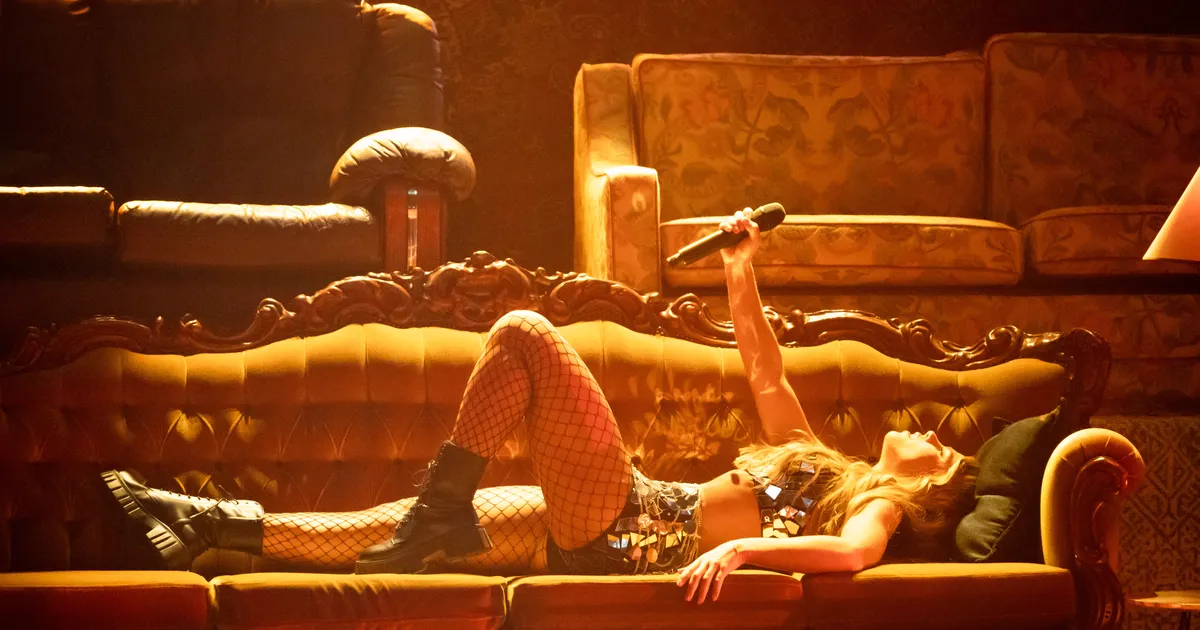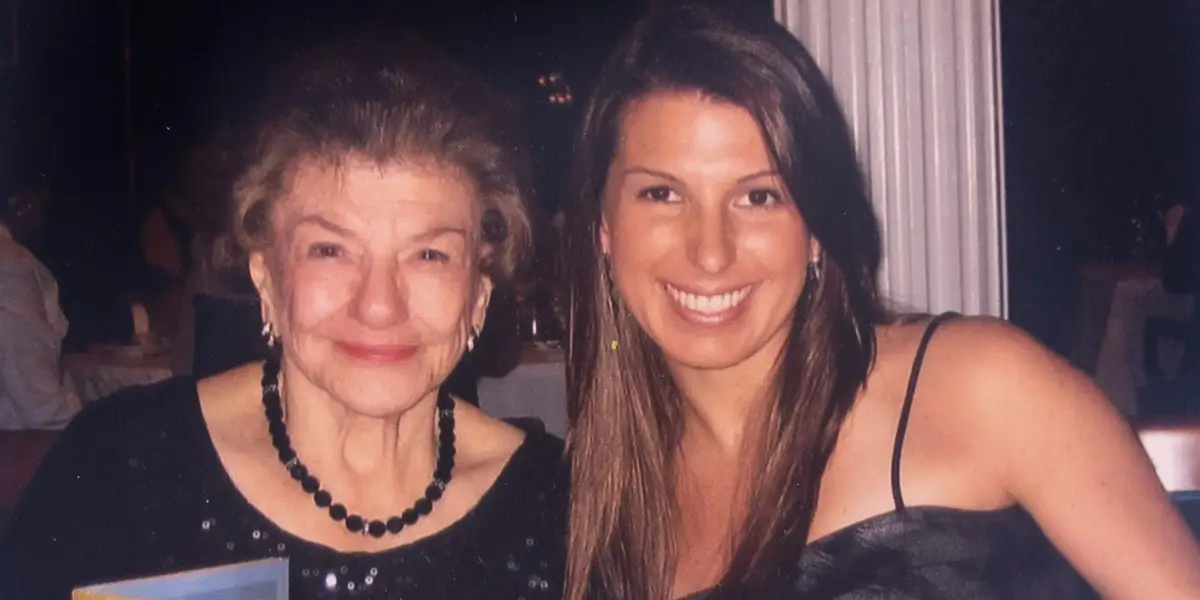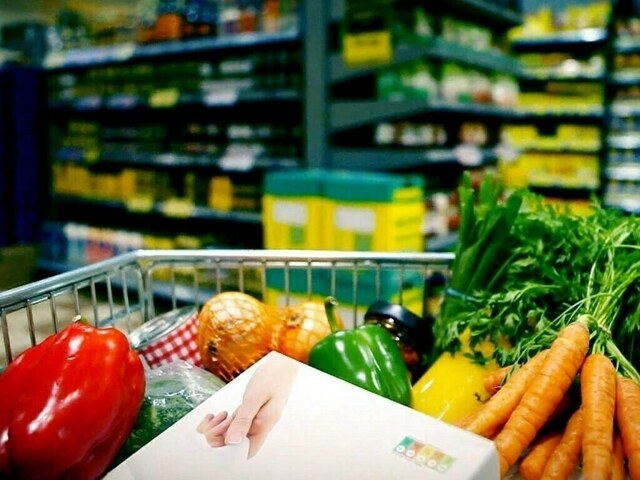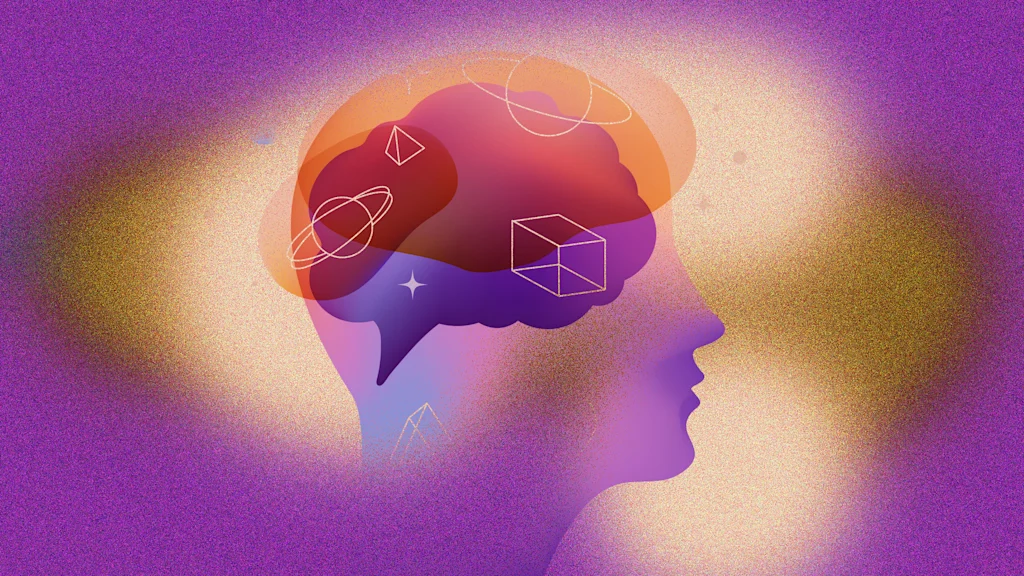Copyright Vulture

When the season-14 finale of The Voice Australia airs this Sunday at 7 p.m. Australian Eastern Daylight Time (4 a.m. ET for all you U.S. viewers), finalist Cassie Henderson will find out if this is finally the springboard she’s been seeking to level up her career outside of her native New Zealand. Henderson, 26, is joined under the bright lights by three other finalists — Alyssa Delpopolo (a brassy R&B singer who gives Mariah Carey a run for her money), Cle Morgan (a former child actor who brings a heart-wrenching gravitas to her ballads), and Bella Parnell (whose rich tonality excels in classics by Nina Simone and Donny Hathaway) — but she’s the only one who is both a reality-show alum (she appeared on The X-Factor New Zealand in 2013) and the reigning winner of Best Pop Artist at the 2025 Aotearoa Awards (the annual music awards for New Zealand–based artists); her 2023 song “Whatever” was number one in in New Zealand for 12 consecutive weeks. Henderson’s style calls to mind Chappell Roan’s raw emotionality or Olivia Rodrigo’s guitar-rich pop-rock bangers, all the while anchored to rich storytelling of love and heartbreak and frustration. Though Henderson is not the only contestant on The Voice Australia to have done a stint on reality TV (Morgan was on the first season of Australian Idol), she feels uniquely overqualified to be on a rising-talent show, even one outside her home country. Such is life for a modern emerging musician. The difficulty she’s faced translating her talent and achievements into global success speaks to the many challenges that younger artists now face. Ahead of Sunday’s finale (which VPN-inclined viewers can watch in real time if they set an alarm), I talked to Henderson about her path to the show — and where she hopes it leads from here. Congratulations on making it to the finale. How are you feeling? I’m good. It’s good. You’ve called at a pretty crazy time in my life. If I understand correctly, you get a week off while the other semifinalists compete, and then it’s the finale? That’s right. I’ve basically been at home with my family trying to wrap my head around all of it. You did The X Factor in New Zealand about a decade ago. Now you’re doing The Voice Australia. What was the decision process like for you when you decided to go out for these shows? I was 13 and 11 months when I saw the ads for X Factor on TV, so I said to my mum, “When that comes to our city, I’m auditioning.” I was all gusto and bravado: I just wanted to get out there and do it, because I’d been watching those shows since I was 10. I got through a lot of it out of pure excitement. For The Voice, I thought about what it would mean a lot more than I did back then. There’s been no second of any song on this show that wasn’t curated and worked on and practiced right to the last breath. It’s meant a lot more to me this time around. I’ve also experienced what it felt like to lose — you know, to be on a show when I was 14 and to have the hair and makeup and lights, and then just lose. I’ve spent the ten years in between working myself to a position where I could get back to that. I’m a bit older than you, but we both come from a generation where singing competition shows have been on for much of our lives. How do you see these shows in the context of your career? Are they still doing what they once could? I was watching the era of Idol where Simon Cowell was on my screen every week. That was the ultimate goal, especially when I was 14. I thought, That’s it — you’ve just got to make that level. The industry today is constantly evolving, and it’s hard for anybody to understand what their next step should be. I’ve come to understand these shows as this massive boost: Everything I’ve done for The Voice is for an audience of a million people that had never seen me before. I wanted to extend myself past my postcode. Now I need to make sure that this doesn’t stop here. Maybe these shows aren’t shooting people to superstardom overnight, because the power that labels had ten years ago is different now. The audience has more power to decide who they want on their screens, and these shows grant an opportunity to break through the oversaturated-ness of social media. I’ve learned the hard way that people aren’t gonna seek you out. You can’t just play it by chance. You have to go out and find them. These shows are still really good for challenging yourself at that level and meeting new audiences. I imagine it’s got to be a huge lesson in terms of what is possible with live production. The stagecraft in these recent performances — there’s a lot of blocking and props and costumes. Oh my God, yeah, even for my audition — which is just me on the stage — I’m standing, and there are like, five people from wardrobe gluing things on my top, and somebody from makeup touching up. My most recent performance — I’m not sure if you saw … All the couches! … It was insane! I felt like a pop star for two minutes, like I was at the Grammys and all of my dreams were coming true. I wish I could go back and do that again, even though it was terrifying. We got to see sets six days before, and then I had two rehearsals on the actual set with the choreography and the cameras and the dancers. It’s a level of immediacy that I had never experienced. I could sit in my room for a month and practice a song that I’m going to try and perform at some point, but this was me practicing on a couch in my hotel room and trying to sing at the same time. Because I have experience, I felt quite a bit of pressure. I’m not fresh off a bus. It was difficult, and I felt proud of myself for rising to that challenge with all of the craziness that went on with that one. You have a pop career, and the nature of a show like The Voice is that you are mostly singing covers. How do you think about performing other people’s songs while maintaining the ethos that makes your original work very “you”? I was a busker when I started, so my story begins with singing covers. When I’m taking on other people’s songs, it’s less about trying to do a really good job of that song as a whole, and more, How can I understand it as something that I would say? Or something that I might have been through? When I was on X Factor New Zealand, I had to sing “The A Team” by Ed Sheeran. My mom was there, and I was singing it, and she’s like, “Do you know what the song is about?” I was 14 at the time, and was like, “No, it’s just a great pop song, and I love it.” That was one of my first experiences of really having to understand the story of a song. Your take on “Green Light” felt really emotional — both to watch and to listen to. It was funny that that was the song that was chosen, because I’ve performed it live before. I obviously love Lorde, she’s our girl. One of my friends and I had a listening party in our car when that record came out, so it all felt very full circle. I wanted to ask about Lorde, since she’s a fellow New Zealander who had an unconventional rise in some ways, coming up through SoundCloud. What do you take from her journey? Does it feel like it’s even replicable anymore? I remember being in the car with my mom when “Royals” started blowing up, and they were speaking about it on the radio. I didn’t even know that was possible — she created her own path. I think a lot of people were like, “Oh, she’s just come in overnight,” but she had been working on her craft for a really long time, since before she was 14. I have always been inspired by her as a Kiwi who now makes global music. I want to be proud of being from New Zealand, but not let being from New Zealand restrict me to just being from New Zealand. My biggest goal with all of this was to find as many people as I can that actually like me and like my music and connect with it. Post-pandemic, especially, you hear about how tricky the music business is. Touring doesn’t make as much money, and streaming still isn’t great for artists, even if it’s improving. How do you approach the nitty-gritty, unfun business part of the work you do with everything else? It’s such a tightrope, right? Having the space to create and be creative is the reason why you get into it in the first place. The business is not my world, and it’s not where I feel like grounded in this job, but it is the thing that I have to value because it keeps the rest of that 3 percent afloat. It’s not fun, though there’s certainly parts of it where I’m proud, like “Yeah, I can design my own merch and I can make my own website.” I sat at a desk in a law firm doing marketing, where I was making PowerPoint slides for lawyers. This is 10,000 times better than that, even when I’m doing my taxes. I spent many years trying to do taxes as a small business — it’s not fun. It’s like this little devil that’s just sitting behind me. Is there a level of success that feels ideal? Or someone in the music industry you look at and think, That’s the amount of success I would love to have? Growing up, my idol was Taylor. I saw her in arenas, and I was like, “That’s the level I want to reach.” I still think that’s so cool and amazing, but the goalposts for success are constantly moving. When I first started out, it was my goal to get my song played on the planes. You know how the planes play songs while you’re boarding? I was imagining my song on that, and when it happened, I celebrated it, but I didn’t even really notice how quickly the goalpost shifted afterward. Instead of defining it by “I want to play Red Rocks” or something, I started to feel like I want to be able to connect with as many people as possible. The other side of it is that I’ve had a lot of help and support over the years from people, like I’ve had to walk into rooms and say, “I can only pay you 50 percent of what you usually get paid, but trust me, it’ll be worth your time, please believe in me.” I would love to get to a point where I can look around and know that all the people that believed in me and supported me were paid back, not just financially, but that their belief in me wasn’t misplaced. That will be a really defining moment for me. But, I mean, I would just love to have some savings and maybe buy a nicer car, yeah? I look around and I’m doing okay at the moment, but it comes at a lot of personal risk. My friends are climbing a corporate ladder, and they’ve got savings, and they have five-year plans. I’d love to get to a point where I can be creative freely and not have to worry. Have you seen One Battle After Another yet? No, what is that? It’s a movie that came out recently, while you were doing the show. I was just thinking about how a character defines freedom as “no fear.” I love that. My fear has always lived in how people are going to perceive me. I used to have a lot of performance anxiety. If anything, being on The Voice has taught me that fear is still very real, and it’s still there, and it’ll probably be something that challenges me for a long time. I would love to get to a place where I feel good about balancing the fear of performing with the fear of financial security. That would be a really successful moment for me.



